Rwanda
Young people in Rwanda face many barriers to sexual and reproductive health information making them vulnerable to diseases and unintended pregnancies; undercutting their ability to access education and employment.
But a phone and web application, Tantine app is hoping to change that, especially for hard to reach young people living in refugee camps.
The app was developed by twin Rwandan medical students, Sylvie Uhirwa and Sylvain Muzungu Uhirwa. It aims to use technology to teach and give teenagers reproductive health information.
The two developers recently shared the app in Mahama camp in southern Rwanda, home to 50,000 Burundian refugees.
By using technology, teens can access reproductive health related information via online ‘aunties.’ Tantine will work with a team of medical professionals and psychologists to deliver reproductive health education, mentorship and counselling services to young people.
Sylvie and Sylvain have been training youth mentors living in Mahama Refugee Camp on how to use the app.
“For people in the camp to access the internet, they don’t have smart phones or they don’t have enough facilities. That’s why we thought of bringing those tablets and establishing a centre where they come and then access the internet in the camp. So we are going to equip them with those tablets and then a router with Wi-Fi,” said Syllvie.
Tantine was developed through an innovation accelerator programme that is supporting young entrepreneurs, an initiative of the United Nations Populations Fund.
UNFPA says it hopes that this will inspire more people to use technology to find new approaches to tackle sexual and reproductive health challenges.
“You have also young people who are in the community that is not in schools. Those young people and youth, they also need that information. So you have really to have an approach which is holistic and which is also multi-sectoral so that at least each and every young person can have access to that information,” said Therese Karugwiza, a gender a human rights program specialist at UNFPA.
Another innovation supported by the programme is ‘Girl District’ – a creative and educational hub that produces comic books and education curriculums around sex education.
Part of Girl District’s outreach involves leading sessions in schools with girls on the topics of sex, relationships and reproductive health.
“We all know that things we watch influence what we feel, like movies, music videos, things like that, and in those movies and the books we read they like emphasize that, sometimes they emphasize that being a virgin is not cool,” said one unidentified student.
The programme has received funding from the UK’s Department for International Development (DFID) enabling UN Populations Fund, FPA to tap into vibrant local networks of social innovators.
“When it comes to sexual reproductive health, it’s still very tied up to the culture. And that takes time to be changed, but there is a will. There is a will in the government, there is a will in the education sector, and programs such as the iAccelerator are very key,“said Michaella Rugwizangoga, the Innovation Accelerator Project Officer at Imbuto Foundation.
The innovation accelerator has so far received 800 ideas from young people addressing sexual and reproductive health challenges across East Africa.



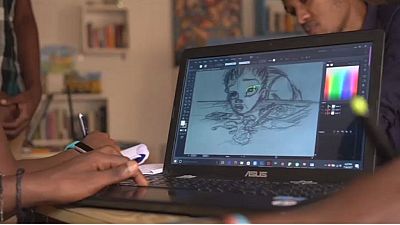



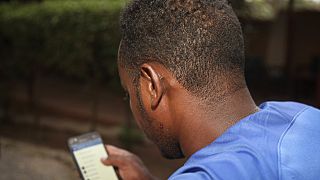

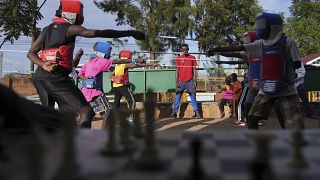
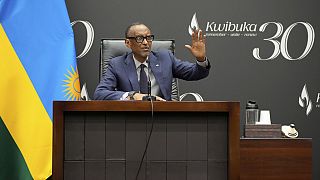


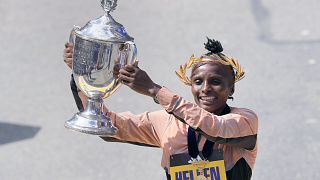
Go to video
Elon Musk says the first human has received an implant from Neuralink
02:10
Tunisia: Maghreb farmers embrace drones to fight climate change
01:22
Flying Taxis: Archer Aviation's Vision for Urban Air Mobility Takes Flight
01:50
Paris Peace Forum offers platform to discuss artificial intelligence
02:10
Moroccan taxis get digital upgrade
02:33
Abidjan expo showcases African art and the digital revolution